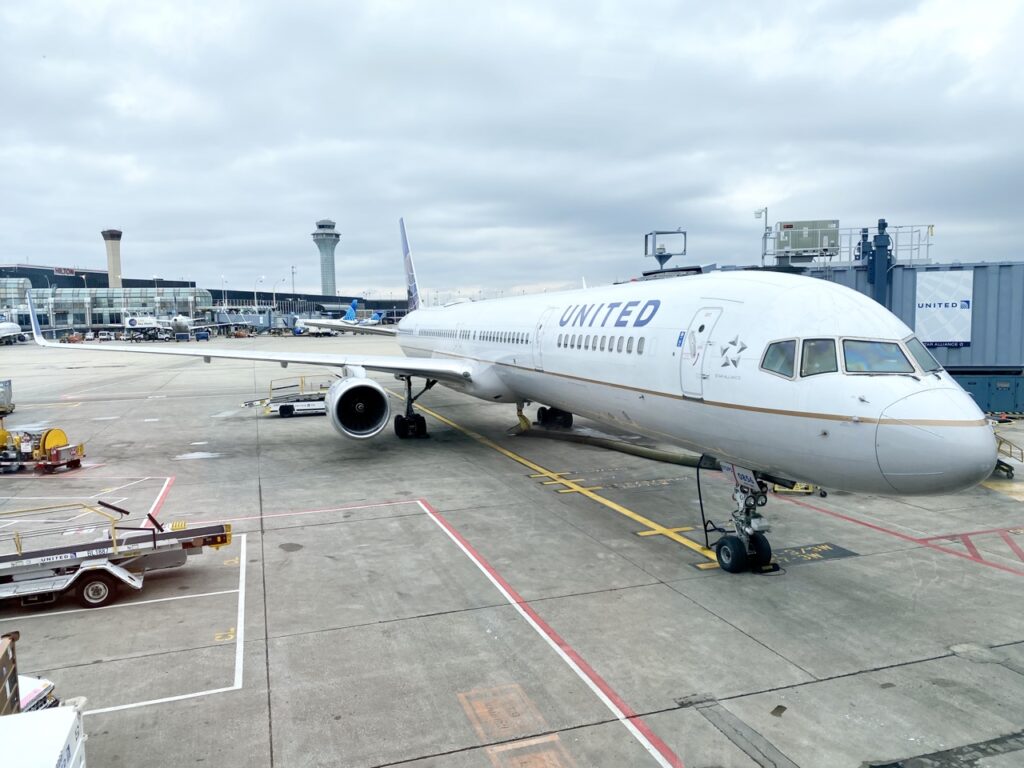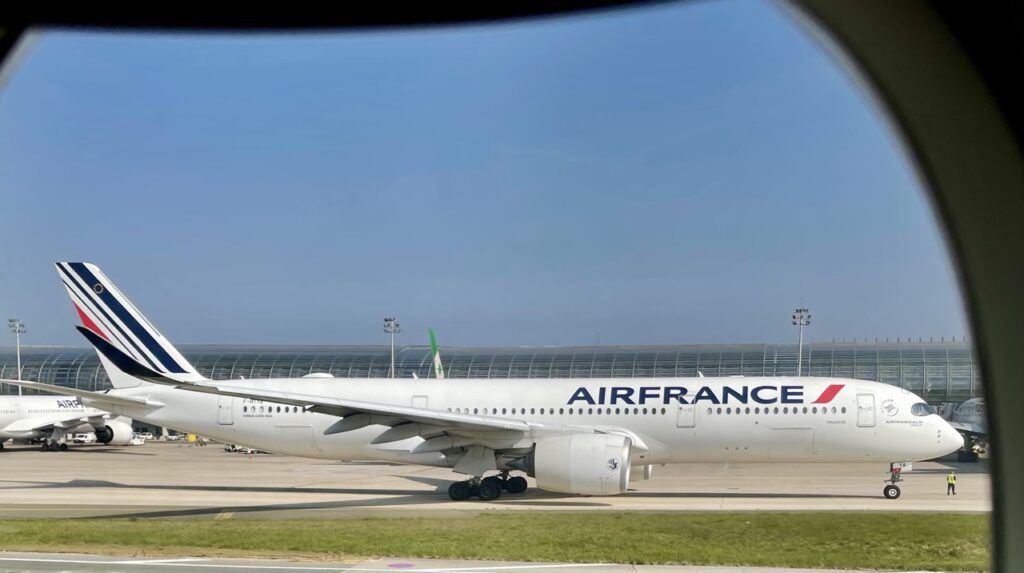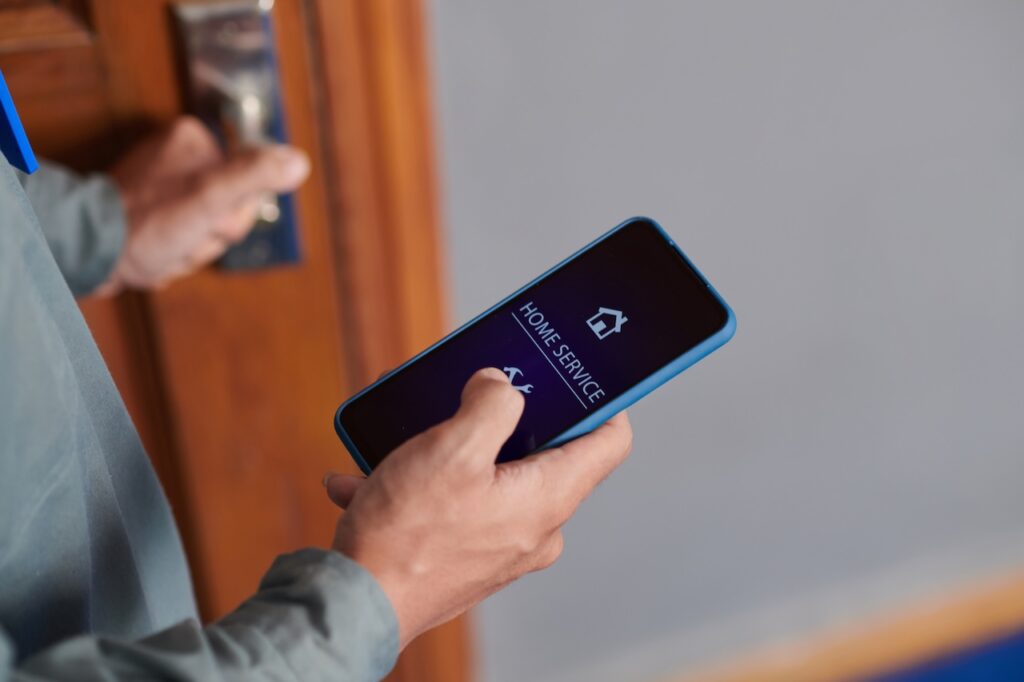
After Bay Area prosecutors sued over dog-bite reporting and care lapses, Wag Hotels agreed to pay $150,000 and adopt five years of welfare and safety reforms.
Background: What Happened and Why It Matters
Wag Hotels, a pet boarding and day care chain with Bay Area locations, reached a civil settlement with San Francisco, San Mateo, and Santa Clara prosecutors after allegations that facilities fell short of California’s Pet Boarding Law and local rules on reporting dog bites. The company will pay $150,000 and adopt a package of operational changes while admitting no wrongdoing.
The Allegations From Prosecutors
According to filings and official statements, prosecutors said Wag Hotels failed to properly report dog bites to local health officers and cited lapses in staff training, hygiene, and pest management. These are framed as alleged violations of statewide boarding standards as well as local ordinances.
Why Dog-Bite Reporting Rules Exist
In California, dog bites must be reported to local health authorities because the bite triggers a health review and observation window designed to rule out rabies. Rabies in people is almost always fatal once symptoms appear, which is why the state requires reporting and monitoring after any mammal bite that could transmit the virus.
What Wag Hotels Agreed To Do
The judgment requires Wag Hotels to stand up an animal welfare department, create a Playgroup Safety program, expand staff training on animal care and emergencies, improve hygiene and pest control, and ensure 24-hour access to a veterinarian or emergency animal hospital. The company must also retain certain surveillance footage, keep detailed records, and report dog bites promptly. These reforms will be monitored through audits and inspections.
“We are pleased to have reached a resolution that fully reflects the commitment of various governmental entities and Wag Hotels to provide the high standard of pet care to the pets and people we serve,” the spokesperson said.
Jenkins said Wag Hotels cooperated with officials during the investigation and “has agreed to make significant improvements in, among other things, the protocols that apply to animal safety, employee training, and the organization, management, and monitoring of dog playgroups.”
Chiu said, “Our pets are integral members of our families, and we want to ensure they are safe in boarding facilities. We are pleased to have worked with Wag on this settlement that ensures our furry friends are in good hands.” – San Francisco Chronicle
Management stated that they reached this decision resolving the matter in this fashion to avoid cost and distraction of litigation while it continues to focus on care, safety, and service of its pet hotels.
How Long Oversight Lasts and Where the Money Goes
The reforms are set to remain in place for at least five years. The $150,000 is split between $75,000 in investigative costs and $75,000 in civil penalties, and the settlement received court approval in San Francisco Superior Court on September 25.
Wag Hotels’ Response
Wag Hotels said it was pleased to reach a resolution, emphasized that incidents were isolated compared to the company’s overall volume, and noted the agreement includes no admission of liability. The company points to the planned upgrades as consistent with practices it says are already in place.
What Pet Parents Should Watch For
For customers, the headline is improved structure and accountability. The commitment to trained staff, structured playgroups, on-call veterinary access, and clearer reporting rules should make the experience more predictable, which is what you want when your dog has the zoomies and you are heading to the airport. The counties involved have also made clear they will be watching compliance.
Conclusion
With money on the table and five years of oversight, Wag Hotels is now on record to deliver better staffing, cleaner spaces, and faster bite reporting. If the reforms work as advertised, pet parents will see calmer playrooms, quicker communication, and a safer hand-off at the lobby door.
What do you think?




